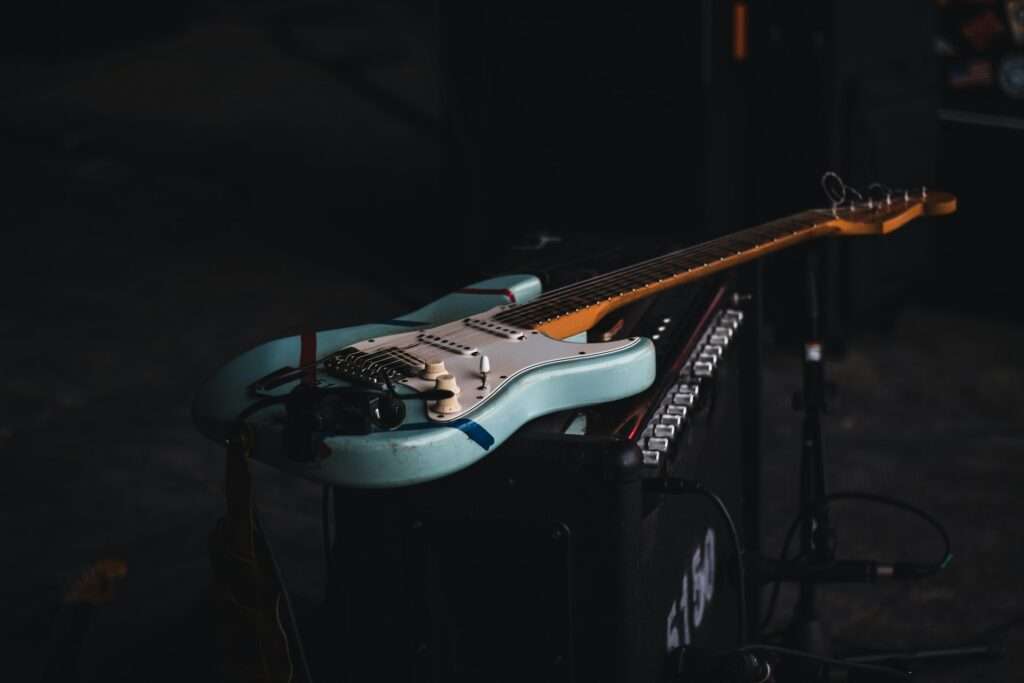Honing your craft as a musician requires plenty of practice. You’ll need to spend plenty of long hours plucking strings, striking hi-hats, or blowing on the oboe.
Unfortunately, all this practice can lead to performance-related injuries. It’s all too easy to pick up a stress fracture or muscle imbalance in the lead-up to a big recital or a concert with your band.
Bouncing back after these injuries is key. A successful recovery plan can protect your mental health and get you back to playing quickly. Slowly coming back after an injury can improve your fitness for musical performance, too. This can be a real boon if you play a physically demanding instrument like the drums or the trombone.
Identifying the Cause
Before you can start a rehab program, you should speak to a professional who can help you understand the root cause of your injury. This is an important step, as you may not realize how your poor posture or faulty technique is affecting your overall health. Common causes of music-related injuries include:
- Insufficient Rest: Like athletes, failing to rest will cause a build-up of lactic acid and strain in your body. This causes tightness and inflexibility that can derail your long-term health.
- Abrupt Increase in Playing Time: Your body needs to adapt to a new instrument or score. Slowly increasing your practice time gives your body the strength to handle a greater workload without causing injury.
- Technique: Sudden changes to technique throw your body out of kilter and can cause acute injuries due to unusual strains.
- Muscle Imbalances: As a musician, you’ve probably developed some muscle imbalances. Failing to address this imbalance will cause pain and strain throughout the body.
A professional physiotherapist can help you identify the cause of your injury and create a recovery plan. Great physios can even help you address muscle imbalances and overuse injuries. This is key if you want to keep playing for years to come without succumbing to crippling pain.
Protecting Your Mental Health
Taking time away from your keyboard or clarinet when injured can be stressful. If you are a professional musician, a lengthy break can even cause anxiety related to financial stability and your identity. This means you must take a proactive approach to promoting and protecting your mental health during injury recovery by:
- Acceptance: Use a journal to describe your feelings and express yourself. This can be an important outlet if you’re used to bottling your thoughts up.
- Setting Goals: Coming back from an injury can be motivating if you set the right goals. Work with a physio to set realistic goals related to your time off to ensure that you come back stronger than ever before.
- Movement: Finding ways to move your body without causing further harm is beneficial when injured. Use your newfound free time to take up restorative practices like yoga or tai-chi. This will support your fitness and help you recover quicker.
If you’re still struggling to see life’s silver linings, speak to a mental health professional. Many musicians can experience difficulty when they cannot play their instruments and deserve support. Get the help you need by connecting with a primary care provider who understands your injury and can refer you to a mental health service that specializes in helping folks like athletes and musicians.
Modifying Your Practice
Sometimes, your injury isn’t serious enough to sideline you completely but still requires careful management. In this scenario, it’s up to you to modify your practice properly to avoid causing undue strain to the injured area of your body.
Start recovering from a musical ailment quicker by taking preventative health measures when you’re away from your instrument. For example, if playing the violin for years has caused a muscle balance, consider working with a personal trainer who can strengthen your other shoulder and non-bow hand. This will bring your body into alignment and help you practice for longer.
Cutting down on your practice time can lead to boredom if you do not find other activities to occupy your mind. This will only exacerbate your injury, as boredom increases your stress, leads to unhealthy lifestyle choices, and is linked with depression. This is sure to take the wind out of your sails, as you need a positive mental attitude to overcome any kind of injury.
Alleviate boredom and make the most of your time away from music by meeting new people. For example, if you’re a pianist who usually plays in a jazz band, consider attending a few concerts yourself. This will help you connect with the wider community and bond over a shared love for your genre. Alternatively, you can take up mentally stimulating activities like video games, sports, or card games. This will improve your outlook and help you make the most of the limited time you do have at practice.
Conclusion
Bouncing back from an injury can be a battle if you’re desperate to play your bass guitar or banjo. However, taking some time away from the keys or strings is crucial if you want to recover properly. Use your newfound free time to improve your fitness and correct any muscle imbalances by working with a physiotherapist who understands your needs and the strain you may feel. This will help you relax during your rehab and return to performance stronger than ever before.
By Indiana Lee.
